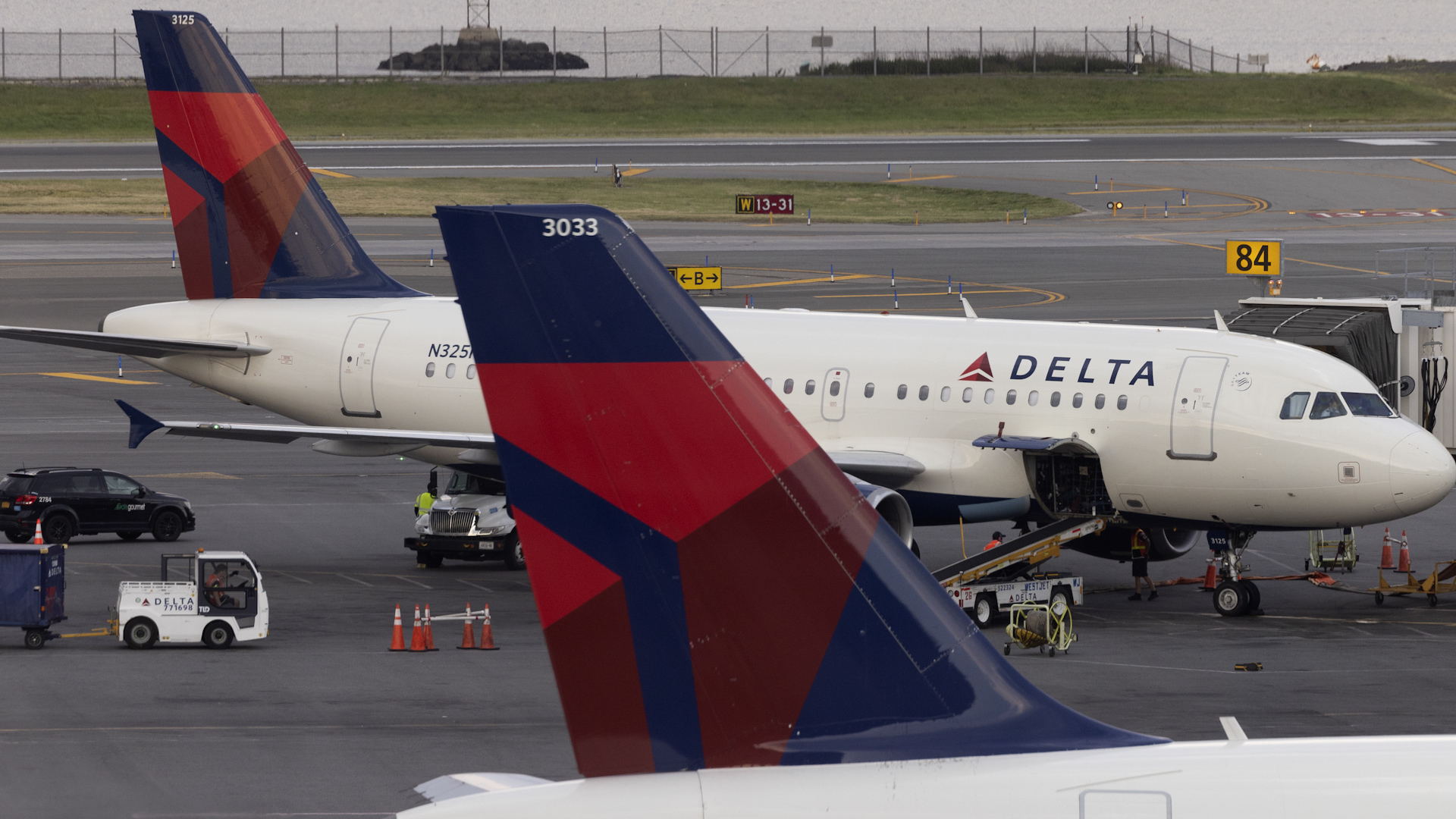United Airlines has agreed to improve air travel for passengers in wheelchairs after the federal government investigated a complaint by a disability-rights advocate.
United and the Transportation Department said Thursday that the airline will add a filter to the booking tool on its website to help consumers find flights on which the plane can more easily accommodate their wheelchairs. The cargo doors on some planes are too small to easily get a motorized wheelchair in the belly of the plane.
The airline also agreed to refund the fare difference if a passenger has to take a more expensive flight to accommodate their wheelchair.
We've got the news you need to know to start your day. Sign up for the First & 4Most morning newsletter — delivered to your inbox daily. >Sign up here.
United said it expects to make the changes by early next year.
The settlement, dated Wednesday, followed a complaint filed by Engracia Figueroa, who said her custom-made wheelchair was damaged on a United flight in 2021.
Figueroa died three months later, and family members and her lawyer blamed sores, skin grafts and emergency surgery on sitting for five hours in a manual wheelchair that did not fit her body.
Paralyzed Veterans of America and other groups have cited Figueroa's death as they push for new federal regulations to increase accessibility on airline planes.
According to the settlement, airlines mishandled 32,640 wheelchairs and scooters on domestic flights from 2019 through 2022 — a rate of 1.45%. United and its United Express partners had a slightly better rate of 1.2%, third best among airlines tracked in the Transportation Department's monthly consumer report on air travel.
The department said reports of damaged and delayed wheelchairs and scooters are consistently among the top five disability complaints it gets about airlines.
As part of the settlement, United said that later this year it will start a trial at George Bush Houston Intercontinental Airport to accommodate passengers whose wheelchairs are damaged or delayed, including reimbursing people for transportation if they don’t want to wait at the airport.



